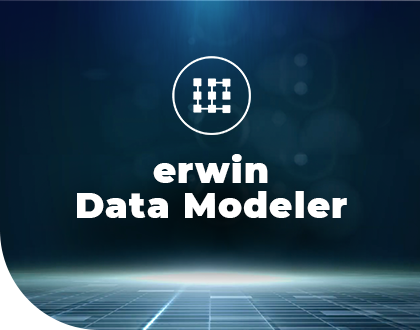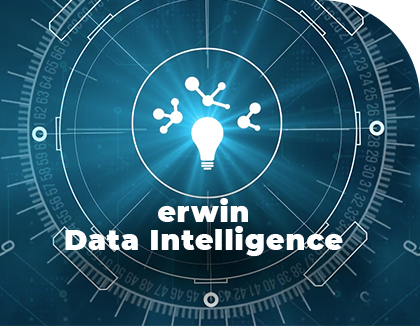Overcome Barriers With Our Expertise
Data Governance Consultancy Service is about supporting you implementing and/or enhancing your data governance initiative, including discovery of critical enterprise data within a business context, tracking its physical existence and lineage, business glossary development, maximizing security, quality and value of data and flourishing data-intelligence with metadata management and impact analysis efforts.
Good data governance helps to ensure that those who need to use data can find it, understand it and trust it, which fuels data-driven decision-making across your organization. For this to happen it is vital to
- Establish standards, policies, and procedures for the usage, development, and management of data
- Design the right organizational structure
- Implement the technology infrastructure to support data governance
Yet, the successful adoption of data governance remains a problem for most companies. In order for data governance investments to produce business value, business people have to actually enter, update and use the data definitions, business rules etc. The governance process needs to be a complete feedback loop in which data is defined, monitored, acted upon, and changed when appropriate. Evidence shows that companies that have been successful in scaling data governance spent more than half of their analytics budgets on activities that drive adoption. An initial investment is indispensable that can effectively be delivered only if people are accountable to contribute and if people feel true sponsorship from top management.
Deciding on the operating model is part of the initial steps in setting up and establishing a successful data governance program. The operating model can vary based on your company’s priorities, culture, organizational structure and even internal politics! But instead of trying to build everything at once, it is important focus on quickly demonstrating the value of data governance through a few carefully selected use cases that are tied to a significant business challenge. Similarly it is essential to develop success metrics to establish a baseline to know what bad data means, and potentially, what good data could mean.
Data governance is a new concept for most people which may scare or bring additional responsibilities. When building the data culture, it is crucial to design an easy (as effortless as possible), engaging and user-centric approach. Responsibilities such as data ownership need to be clear, communicated, assigned and managed. Guiding principles should be kept as intuitive and as simple as possible. Exceptions can be managed case by case later on.
Our consultancy and advisory services provide necessary guidance at every stage of the complete data governance implementation life cycle. These cover discovery methods, scoping, modeling and analysis, model assessment, framework support, tool support, organizational support, assessment of outputs and communication channels, guidance, evaluation and reporting, transition planning and transformational execution.







